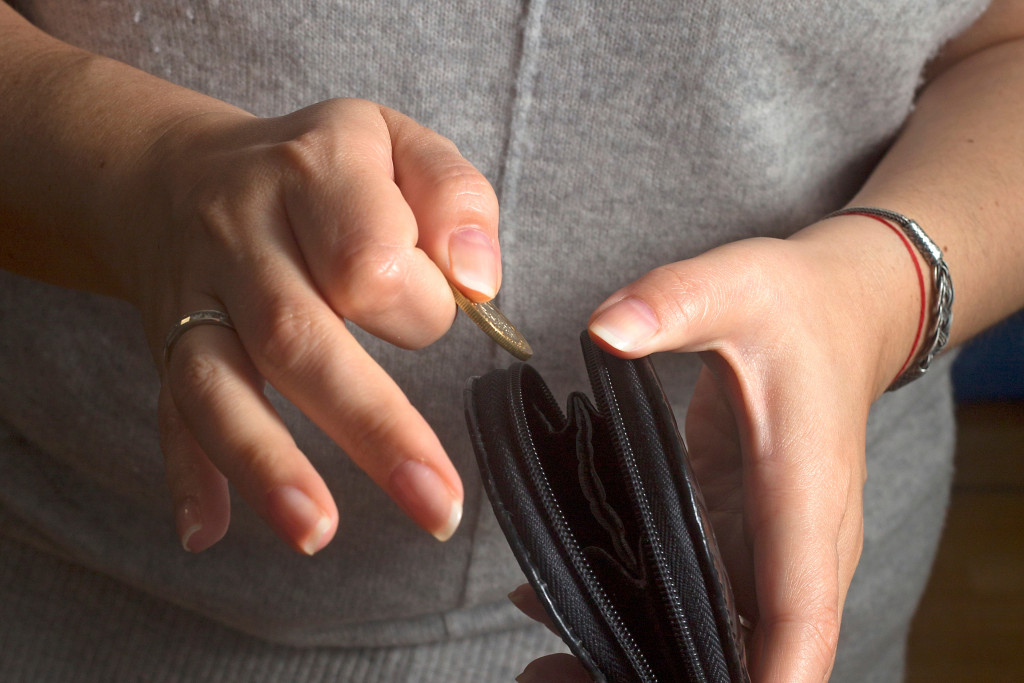When it comes to earning money, most people tend to use it the moment they get it. While this isn’t a bad thing, per se, it can cause some problems down the road.
If you’re not careful with your money, you can easily find yourself in debt or even bankruptcy. It’s also much harder to achieve specific goals without proper control over your finances. It’s the main reason why saving is so significant.
Saving money may not be the most exciting thing since you’re likely to miss out on certain luxuries, but it’s a necessary evil. By setting aside a portion of your income each month, you’ll be able to make sure that you have the financial stability you need to weather any storms that come your way. Plus, if you ever find yourself in a situation where you need extra cash, you’ll be glad you had the foresight to save up.
If you want to get started in saving, you should know a few basics.
Open a Bank Account
Opening a bank account might be the obvious step in saving, but we can’t emphasize this enough. According to a Federal Deposit Insurance Corporation study, it’s staggering to think that about 5% of the overall American population don’t have a bank account because they don’t trust banks. Don’t save your money under your bed or in a safe. That’s not going to do you any good. You can lose your money in an instant by doing that.
If you want to start saving, you’ll need to open a bank account. Opening a bank account can be pretty complicated if you’re new. There is a list of requirements you might need that are unique to your bank. That’s why you must read a guide on opening a bank account. A good guide should teach you the requirements you need to open one, and it should also tell you all the steps you need to know for easy enrollment.
Opening a bank account is one of the essential steps of saving, but it’s necessary.

Start with $20
You might not have much money to put away when you first start saving. And that’s fine. Just because you don’t have a lot doesn’t mean you can’t save. Starting small is often the best way to go.
One of the most common mistakes people make when they start saving is trying to save too much too soon. They think they need to have a massive sum of money to start saving, but that’s not true. Even if you can only put away $20 a month, that’s still $240 a year. It may not seem like much, but it adds up over time.
The important thing is to start somewhere. Then, once you get into the habit of saving, you can gradually increase the amount of money you put away each month.
Create a Budget
If you want to be successful in saving money, you need to have a budget. A budget is simply a plan for how you’re going to spend your money. It helps you keep track of your income and expenses to make sure you’re paying less than you’re earning.
Creating a budget can be difficult, but there are plenty of resources to help you. You can find budget templates online or use a budgeting app. Once you have a budget in place, stick to it as best as you can. It’s not going to be perfect, but it will help you better handle your finances.
The FIRE Movement
If you want to save enough money to be financially independent by your 40s, you’ll need to get serious about saving. That’s where the FIRE movement comes in.
FIRE stands for “financial independence, retire early.” It’s a growing movement of people trying to save as much money as possible so that they can retire early.
The basic idea is to live below your means and invest as much money as possible. If you can do that, you can retire much sooner than the traditional retirement age of 65.
There’s no one-size-fits-all approach to FIRE, but there are a few basic principles that most people who are part of the movement follow.
First, they try to automate their finances as much as possible. This means setting up automatic transfers into savings and investment accounts. Second, they invest in a mix of index funds and other assets. And third, they build up a large emergency fund so that they’re prepared for anything.
Saving money is a smart financial move, regardless of your age or income. If you want to get started in saving, you should follow the four basics we’ve indicated above. It can lead you to financial independence in no time.
